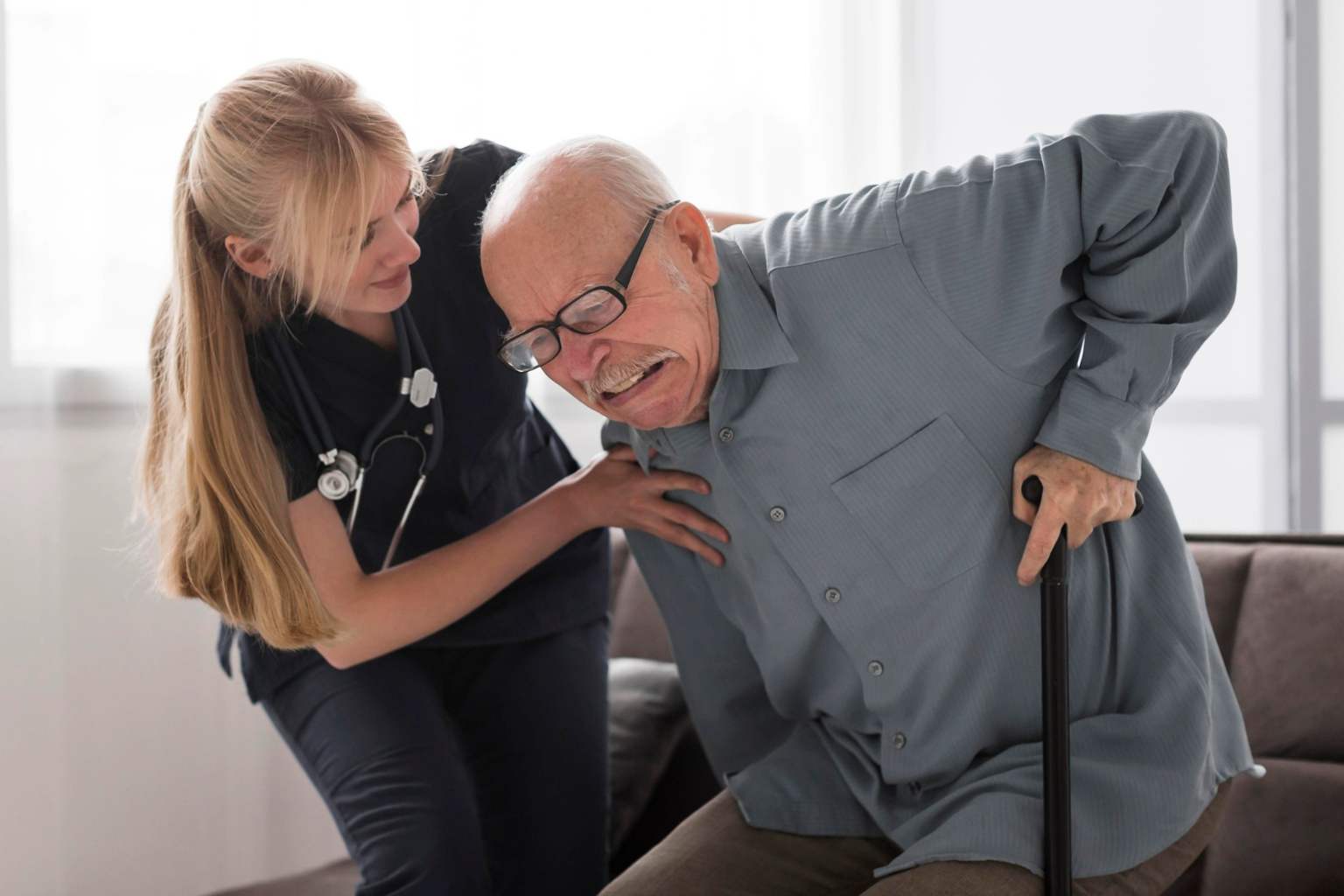Falls are one of the most serious challenges that seniors face as they age. Often happening at home, these incidents can lead to severe consequences such as fractures and traumatic injuries. These injuries might require hospitalization or surgery and can significantly limit a person’s mobility. Beyond the physical effects, falls often trigger anxiety syndromes, causing seniors to reduce their daily movements and activities—a cycle that puts their overall well-being at risk.
A recent study published in JAMA Network Open highlights a direct connection between brain health and the likelihood of falling among older adults. This research underscores the vital role of physical balance while drawing attention to a surprising factor: the link between cognitive decline and physical signs such as frequent falls. Researchers from Harvard University have shown that cognitive decline can manifest through physical symptoms, suggesting that falls might be more than just accidents—they could be early warning signs of neurological problems.
Understanding the link between frequent falls and cognitive decline in seniors
As we age, it’s normal for muscle strength, reflex speed, and coordination to decrease naturally. However, a troubling insight from Dr. Molly Jarman, a professor at Harvard University, reveals that frequent falls may actually signal early neurological issues rather than just aging.
After analyzing data from over 2.4 million seniors in the United States, the study found that 10.6% of individuals who experienced a serious fall received a diagnosis of dementia within months afterward. Even more concerning, seniors with multiple falls were found to have a 21% higher risk of developing this neurodegenerative disease compared to those who did not fall.
This observation suggests a two-way relationship. On one hand, cognitive problems can make someone more prone to falling because they affect spatial awareness and reaction times. On the other hand, falls—especially those causing trauma—can worsen brain health and speed up the onset of dementia symptoms.
Reflecting on this, I recall a close family member who had a minor fall and soon after showed signs of confusion and forgetfulness. It was heartbreaking to realize that the fall might have been a red flag for deeper cognitive issues, underscoring how important it is to pay close attention to such incidents, even when they seem minor.
Practical tips to prevent falls and monitor cognitive health in the elderly
Spotting these signals early is crucial to intervening before conditions worsen. If a senior falls, it is important not to move them if a fracture is suspected and to seek immediate medical attention. But addressing the physical injuries alone is not enough.
A thorough cognitive evaluation is essential to either confirm or rule out neurological disorders. Early diagnosis can open doors to more effective care and support.
In addition to medical assessments, several simple yet effective measures can lower the risk of falls at home, including:
1. Ensuring good lighting in hallways, stairways, and entry points.
2. Installing grab bars in bathrooms and other high-risk areas.
3. Removing all rugs or objects that could cause seniors to trip or slip.
4. Encouraging regular physical activity to strengthen balance and muscles.
5. Scheduling routine medical check-ups to track health changes over time.
Taking these steps can create a safer environment and empower seniors to move more confidently within their homes.
Why early detection of falls is vital for brain and body health
The Harvard study clearly shows that falls among seniors should never be taken lightly. Beyond visible injuries, they may signal underlying brain health issues that require attention. Understanding this link helps caregivers and medical professionals offer comprehensive care that supports both physical and mental health.
Adopting a proactive approach means adapting the living environment, adjusting medical treatments, and enhancing preventive strategies. Early screening can not only improve quality of life for seniors but also slow down the progression of potential neurodegenerative diseases.
Personally, this research has made me more mindful of how seemingly small incidents like a slip or stumble can have far-reaching implications. It’s a reminder to be vigilant and compassionate, recognizing that a fall may be a call for deeper medical evaluation and support.
Have you or a loved one experienced frequent falls? How did it impact your awareness of overall health? Share your thoughts and experiences below—your story might help others stay safe and informed. Let’s continue this important conversation about keeping seniors healthy, active, and connected.
